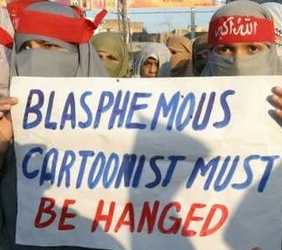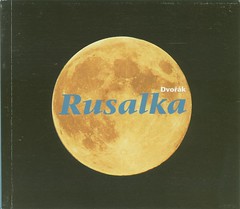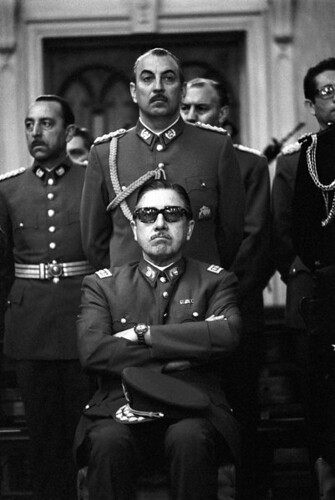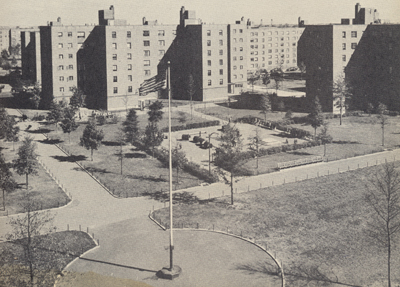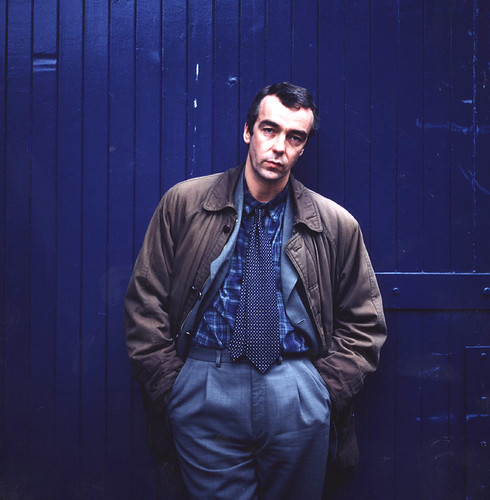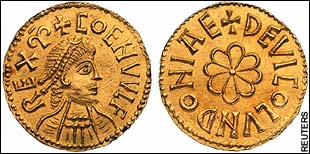The Muslim world's version of Mardi Gras was celebrated yesterday in Karachi, Pakistan. Five thousand people were on hand to cheer the floats, which included burning U.S., Israeli, and Danish flags, and slogans expressing colorful local traditions. "So what else is new?"
Not much, except that these revelers were of tender years, if not very tender thoughts. Specifically, their ages ranged from 8 to 12.
The rally was organized by Jamaat-e-Islami, Pakistan's largest Islamic group. The children, some wearing school uniforms and headbands emblazoned with "God is great," were released from schools to take part.Well, a day off school is a day off, and I can spare a little empathy with the kids. Who wouldn't rather be outdoors playing the hangman of an infidel cartoonist than reciting the Quran in a dusty madrassa? But since schoolchildren are among the few fully employed citizens in most Muslim countries, it does seem like Jamaat-e-Islami might have allowed the elders a few hours of recreation instead.
The youth festival in Karachi would hardly be worth noting aside from the age of its revelers, so closely did it run to form. But in the same web sweep that turned up the pictures of the pre-pubescent warriors of Allah, I also found an editorial by the Christian Science Monitor flopping in my net. The juxtaposition might serve as a dictionary example for term cognitive dissonance.
We keep reading how modern instantaneous worldwide communications has knitted the world so closely together that a butterfly scratching its antenna in Brazil can set off a price war between shoe stores in Beijing. That being so, I have to admire the Monitor refusing to lower its standards by taking aboard, well, anything since Martin Luther King's heyday. I expect soon to learn of a follow-up editorial explaining why no images of King should be published.
The Monitor's editorial belongs in a museum display case next to a guitar string from a hootenanny and a nouvelle plastique Pez dispenser. I'll wait here while you read it.
The answer to all these death threats, spoken in a thoughtless moment, is — are you ready? — "integration." "Affirmative action." The voice of the jihadist cries out from the depths. "We're marching for our civil riots!"
Can there possibly be any better example of the utter irrelevance of the mainstream media than this encyclical, which believes that Muslim lynch mobs are an oppressed minority? In Europe, where for the past 30 years they have been welcomed, given rent-free accommodations and welfare? Or that mobs are carrying signs in London promising a new Holocaust because they're angry about the lack of "common immigration parameters: family reunification standards, the right to work, and the amount of time it takes to become a citizen, for instance"?
Integration? On whose terms? The Muslims in Karachi would seem to be pretty well integrated, seeing as how they live in a country where you practice any other religion only at severe risk to your corpus. Still they bay for the blood of anyone who displays "insensitivity" to their creed. Is this what we should be encouraging Europe to "mainstream" into their societies?
I know how hard it is for the Liberal Establishment to wrap its petrified brains around the idea that an immigrant group can be more oppressive, intolerant, and aggressive than a host culture. All the evidence, however, suggests that it is so with Europe's Muslims. You can't integrate two cultures with radically different fundamental values. European countries should insist that the price of citizenship is a genuine willingness to accept traditional Western freedoms, including freedom of thought and speech, even when Muslims find it "offensive." If not, the Muslims' Prophet will be Europe's loss.


